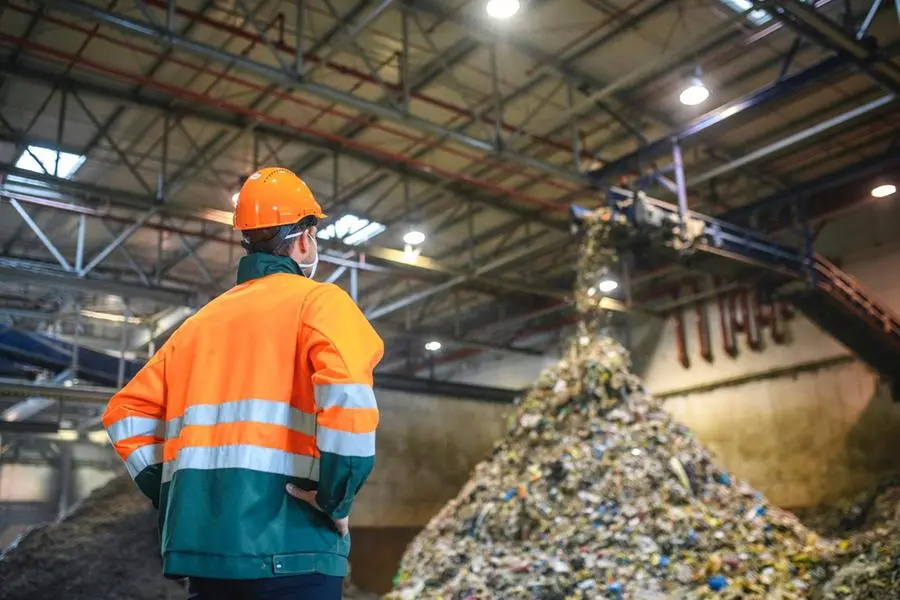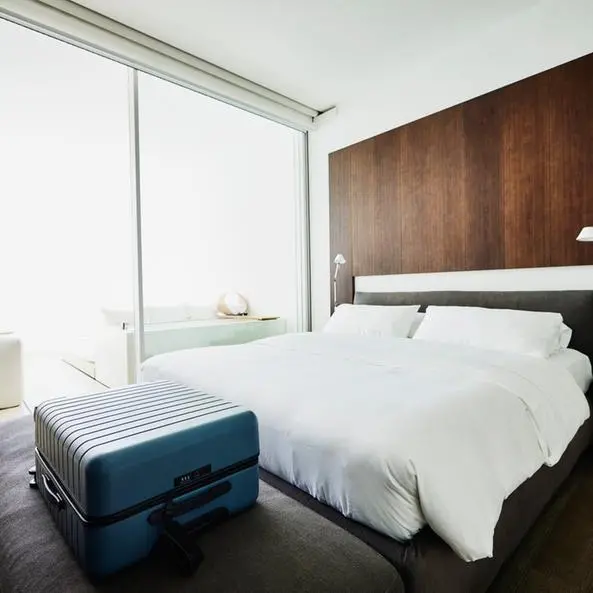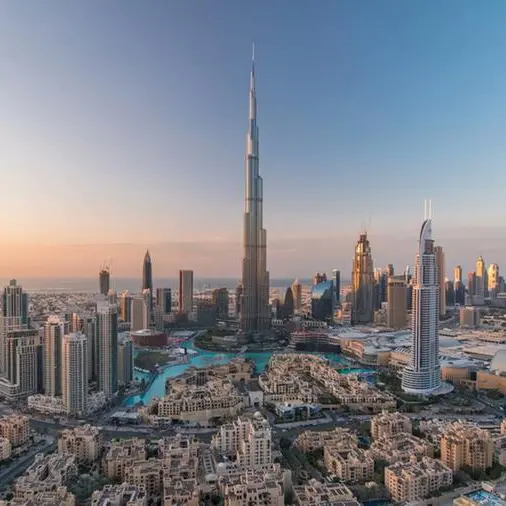PHOTO
A comprehensive government plan have been proposed to sort out waste before it gets discarded into the soon-to-be-full Hafeera landfill site.Supreme Council for Environment (SCE) waste management head Mohammed Aman revealed that the Cabinet had asked it to carry out three studies on the best way forward• waste source segregation (at home)• sorting centres (in different locations)• hybrid solution – involving a combination of both home and external sorting.He added that a proposal by the Southern Municipal Council, highlighted exclusively in the GDN, for colour-coded biodegradable rubbish bags that could be distributed to homes and businesses across the country, has been approved in concept.He added that the initiative needs to await government direction following the completion of the studies and the best approach forward for environmentally-friendly waste management.
“There is no solo ‘best approach’ in the case of waste management since anything that could help reduce dumping, damage to the environment and encourage recycling, is good news,” said Mr Aman.“Source segregation would be good as it would see the public taking responsibility in separating and organising waste before it gets collected and distributed rather than dumped in landfill. But, are members of the public willing to give time at home to sort out things and is the government, at a time of recovery, able to change the contracts of Bahrain’s two cleaning companies to cover additional costs involving new specific vehicles, bins and bags?“Source sorting could be done in the case of electronics and electrical appliances, which we have started with a company and are now seeking a second in the market, while a scheme for used tyres is also on the way.”He added that sorting centres were a common practice in parts of the region.
“Some cleaning companies in the GCC take black garbage bags to purpose-made centres to sort items for recycling, reuse, re-manufacturing, compressing or dumping,” said Mr Aman.“This means that the habit of recycling is done through a middle process rather than the actual source.”Mr Aman believes that merging both concepts and having them run in parallel at the same time might be a better option for Bahrain, instead of relying on one that may fail to win support from the general public.The 2019 Cleanliness Law punishes all types of littering with fines ranging between BD50 and BD300, while fines of between BD500 and BD1,000 will be issued for transporting rubbish or dangerous substances without a licence or proper equipment.The government has started giving out biodegradable rubbish bags to Bahrainis as the country moves towards a more sustainable future.
The switch was made after banning the production of single-use plastic bags and import of non-biodegradable plastic bags in 2019.Environmentalists have welcomed the development, particularly after the GDN revealed that the Works, Municipalities Affairs and Urban Planning Ministry dispensed 34.5 million bin bags every year.Minister Essam Khalaf told Parliament last year that plans were underway to open a tendering process for a new landfill site, hi-tech waste-to-energy complex and to introduce home waste management procedures in the new Salman and East Hidd Housing Towns.
© Copyright 2020 www.gdnonline.com
Copyright 2022 Al Hilal Publishing and Marketing Group Provided by SyndiGate Media Inc. (Syndigate.info).





















